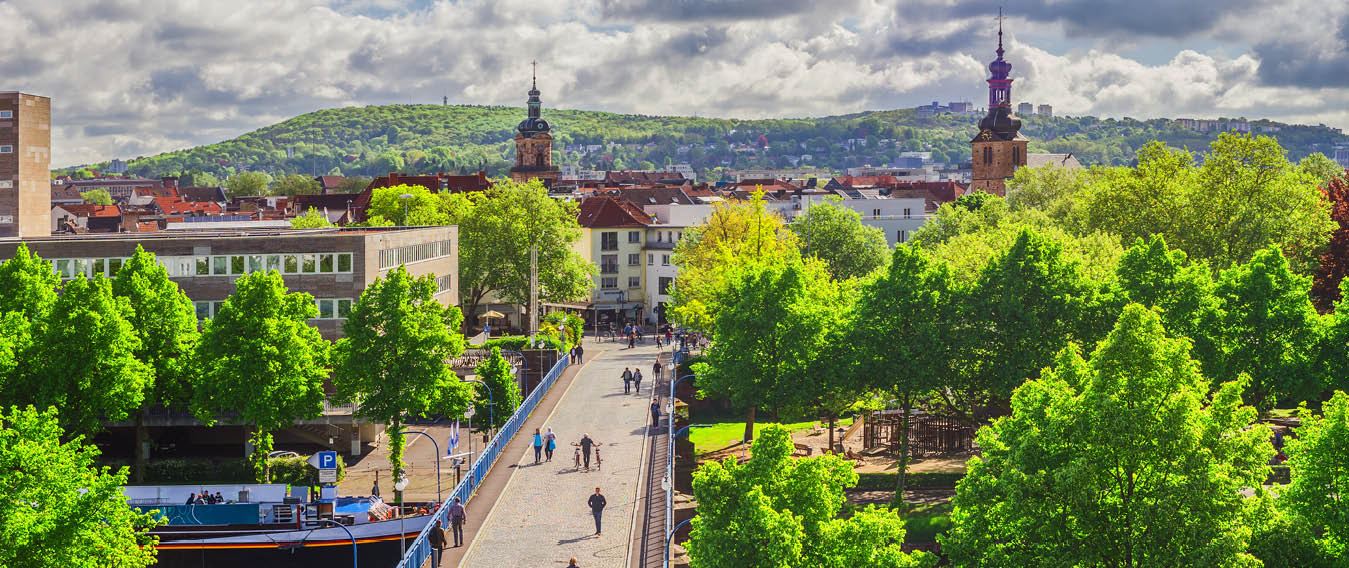Veuillez accepter les cookies "marketing" pour voir cette vidéo.
What does the energy transition mean for local authorities?
The energy transition involves shifting from a fossil-fuel-based system to a decarbonized, more efficient, and more resilient model. In practical terms, this includes renovating public buildings, optimizing gas and electricity networks, reducing public energy consumption, and deploying renewable energy sources at scale—such as solar power and low-carbon heating networks.
ENGIE’s expertise abroad
ENGIE leads several flagship projects to accelerate the energy transition across European cities. In Berlin, the Neue Gartenfeld district embodies the low-carbon city of tomorrow, with cogeneration, solar power, and sustainable mobility solutions. In Florence, ENGIE is improving the energy efficiency of 400 historic buildings—including the Palazzo Vecchio—saving up to 45,000 tons of CO₂ per year. In the German cities of Saarbrücken and Gera, ENGIE is replacing coal-fired plants with gas cogeneration units and modernizing district heating networks, reducing emissions by more than 110,000 tons of CO₂ annually.
Our solutions in France
ENGIE in France:
|
To accelerate the energy transition, ENGIE supports French local authorities in implementing their climate action plans. Examples include:
- In Marcoussis (Essonne), the largest solar farm in the Paris region supplies power to 10,000 residents each year.
- In Terres de Montaigu (Vendée), a biomethane unit transforms agricultural waste into biogas—a local and sustainable source of energy.
- With Fraîcheur de Paris, ENGIE is deploying Europe’s first urban cooling network, which cools iconic Paris landmarks including the Louvre, City Hall, the National Assembly, and Forum des Halles—while reducing the city’s carbon footprint.
How is ENGIE supporting the energy transition across French regions?
Listen to three of our Regional Delegates as they present the low-carbon initiatives and solutions implemented by ENGIE in their territories.
Stéphane Mamou, Regional Delegate for Pays de la Loire

